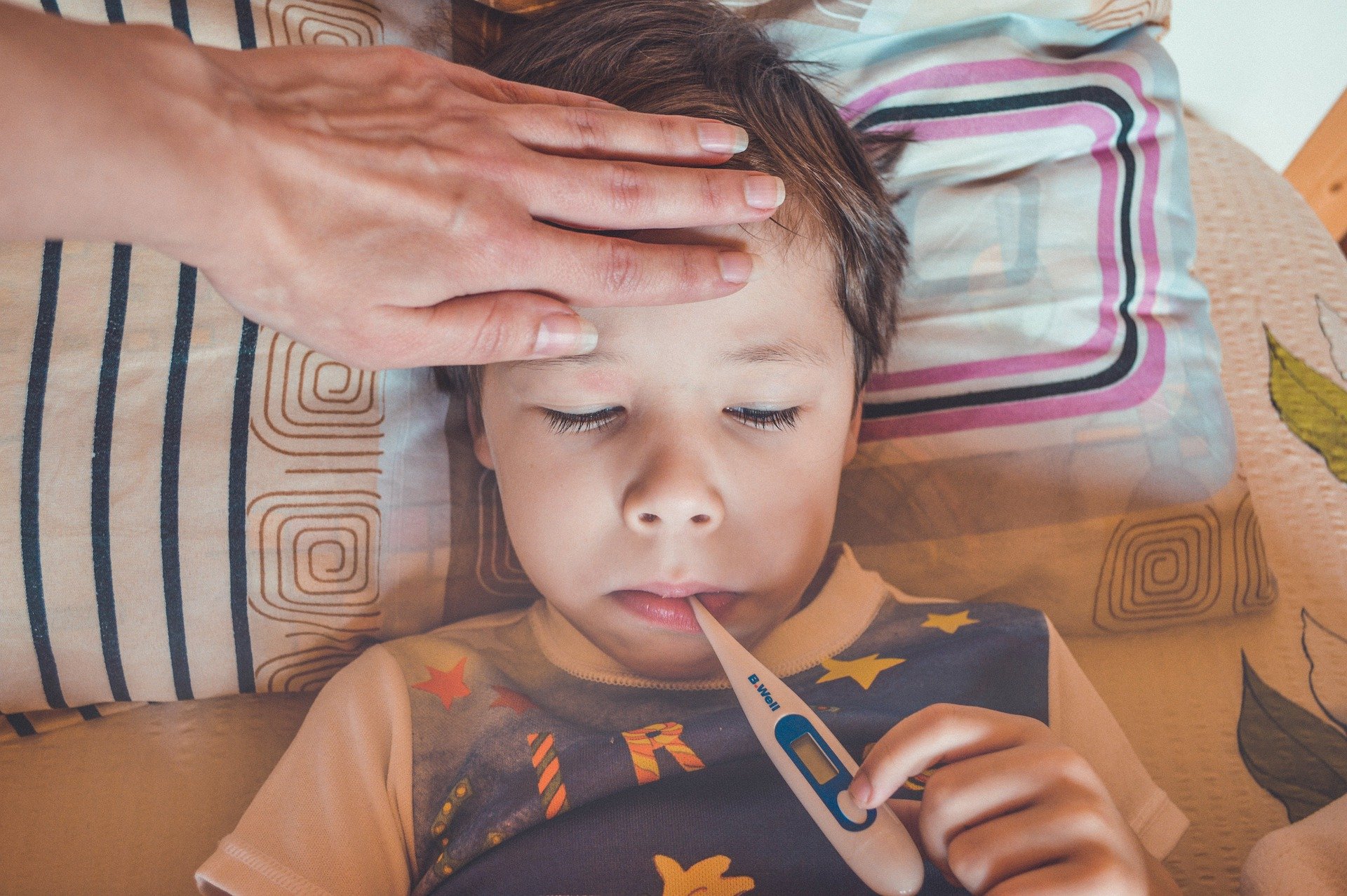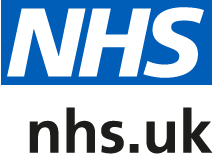Oak Vale Medical Centre
The Fiveways Centre, 215 Childwall Road, Liverpool, L15 6UT
Telephone: 0151 295 9330
Sorry, we're closed

NHS tips to prevent falls and avoid hospital admissions ‘Too Much Blue – Get a Review’ campaign aimed at helping children and young people manage asthma Super Bodies – tackling the back-to-school bugs Coffee With Mates – Oak Vale Patient Coffee Mornings Tuesday 15th July 9:30-12:30pm Coffee Morning for the Chinese community at The Joseph Lappin Centre North West GP urges ‘have health services in your pocket this summer with the NHS App’ Celebrating Carers Week 2025 People over 40 encouraged to get their blood pressure checked Bowel Cancer Awareness Month 2025 Cheshire and Merseyside health leaders say ‘Smoking Ends Here’ this No Smoking day
What should I do if my child has a high temperature?

Advice for parents and carers on how to look after their child at home if they have a high temperature and when to get help.
It can be scary if you have never seen your child hot and unwell before, and it can make you feel anxious and worried.
A high temperature is 38C or more and is very common in young children. The temperature usually returns to normal within 3 or 4 days.
You can usually look after your child or baby at home. You should:
- give them plenty of fluids
- look out for signs of dehydration
- give them food if they want it
- check on your child regularly during the night
- keep them at home
- give them paracetamol if they’re distressed or unwell
- get medical advice if you’re worried about your child
Call 111 or your GP surgery now if your child:
- has a high temperature that’s lasted for 5 days or more
- is under 3 months old and has a temperature of 38C or higher, or you think they have a high temperature
- is 3 to 6 months old and has a temperature of 39C or higher, or you think they have a high temperature
- has other signs of illness, such as a rash, as well as a high temperature
- does not want to eat, or is not their usual self and you’re worried
- has a high temperature that does not come down with paracetamol
- is dehydrated – such as nappies that are not very wet, sunken eyes, and no tears when they’re crying
Call 999 if your child:
- has a stiff neck
- has a rash that does not fade when you press a glass against it (use the “glass test” from Meningitis Now)
- is bothered by light
- has a fit (febrile seizure) for the first time (they cannot stop shaking)
- has unusually cold hands and feet
- has blue, pale or blotchy skin, lips or tongue
- has a weak, high-pitched cry that’s not like their normal cry
- is drowsy and hard to wake
- is extremely agitated (does not stop crying) or is confused
- finds it hard to breathe and sucks their stomach in under their ribs
- is not responding like they normally do, or is not interested in feeding or normal activities
For more NHS advice and guidance, visit: https://www.nhs.uk/conditions/fever-in-children/
You can also download a helpful booklet containing advice on how to deal will common childhood illnesses here.
Content provided by NHS Liverpool Clinical Commissioning Group (CCG). For more information, please visit www.liverpoolccg.nhs.uk.
Published on Thu, 22 Jul 2021 15:44:44 GMT
Modified on Thu, 22 Jul 2021 15:47:31 GMT
Opening Times
- Monday
08:00am to 06:30pm - Tuesday
08:00am to 06:30pm - Wednesday
08:00am to 12:30pm
01:30pm to 06:30pm - Thursday
08:00am to 06:30pm
Last Thursday of month closed at 1pm - Friday
08:00am to 06:30pm - Saturday
CLOSED - Sunday
CLOSED
Liverpool CCG News
NHS tips to prevent falls and avoid hospital admissions
With thousands of people, particularly older people, ending up in hospital because of a fall, this Falls Awareness Week (15-19 September) the NHS in the North West is encouraging people who may be at risk to take simple steps to stay safe, steady and…
‘Too Much Blue – Get a Review’ campaign aimed at helping children and young people manage asthma
A new campaign is set to launch across Cheshire and Merseyside this autumn to help children and young people better manage their asthma.
Super Bodies – tackling the back-to-school bugs
As children start mixing at schools and nurseries again, so do the germs that cause common winter bugs like coughs, sore throats and ear ache.
North West GP urges ‘have health services in your pocket this summer with the NHS App’
One of the North West’s leading GPs is encouraging people to ‘keep health services in their pocket’ this summer by using the NHS App to stay well and get any medical help they need.
People over 40 encouraged to get their blood pressure checked
This World Hypertension Day and during May Measure Month, NHS Cheshire and Merseyside is encouraging people over 40 to get their blood pressure checked.





